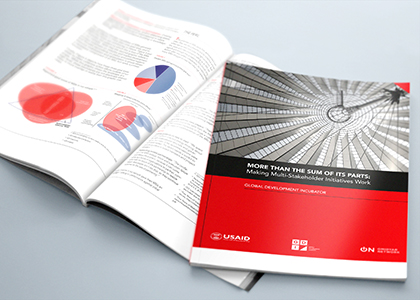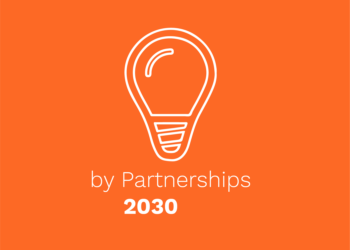The rise in what this report calls “multi-stakeholder initiatives” (MSIs) reflects the popularity of this theory. Yet, for all of this activity, there has been little effort to date to understand what makes MSIs succeed or fail. Many MSIs have been evaluated individually (and some multiple times!), but no study has looked at the experiences of MSI in a comparative light. This report takes a macro-level view of the MSI landscape to date, focusing on the initiation through start-up phases of an MSI’s lifecycle, and represents an important first step in the longer-term journey of learning about MSIs. In analyzing the successes, trials, and failures of these MSIs to date, the report provides a useful guide for those who are considering setting up MSIs and those charged with running or participating in them.
Finally, the report also points to future research priorities where more can and should be learned, including a deeper dive into the operational stages of MSIs after they start up.


